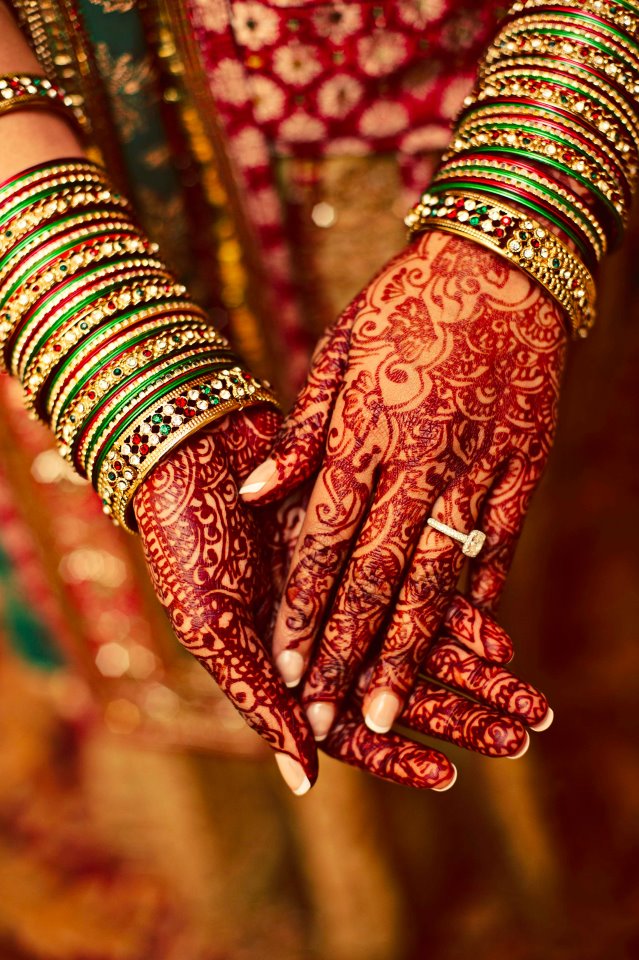"Marriage: constructing a home together"
January 27 Women who prove themselves financially independent and vocal in other aspects of life should not be transported from one house to another like a commodity, writes Naaz Fahmida, 27, a Correspondent from Bangladesh. She discusses her views on the custom of women moving in with their husbands’ families after marriage.
Women who prove themselves financially independent and vocal in other aspects of life should not be transported from one house to another like a commodity, writes Naaz Fahmida, 27, a Correspondent from Bangladesh. She discusses her views on the custom of women moving in with their husbands’ families after marriage.
When I first moved to Bangladesh, I was very surprised to see that there were so many women from rather privileged backgrounds who still held on to the belief that their real life began after marriage, once they physically transported themselves into their “real” homes – that of the in-laws.
Traditions are sweet, but to think that women financially independent, headstrong and vocal in all other aspects see nothing wrong in this 21st century with being transported like a commodity from one house to another, just because it has been the practice in this part of the world forever, is unfathomable. How do the parents who gave birth to them and raised them suddenly become secondary while they abandon their company for a brand new set of parents? It should be unacceptable to suddenly reject your own family and embrace another after having spent 20-30 odd years of an adult life, unable to cohabit with your own family and shunned by the invisible, judging hand of society by an unwritten law if you do.
Why are we still living with our spouse’s parents? Is it tradition, convenience, or stroking the male ego? Because if it is only a question of affordability and saving money through rent-free means, why is it that I see so many stranded or widowed parents of the female leading a lonesome existence despite having one or more children that happen to be women? With fairness and humanity in mind, what kind of a daughter or a person does that make a woman to willingly abandon her own parents in their old and ailing age, only because she or her husband is not strong enough to stand against the flow of social norm?
This matter, in a lot of cases, is actually more dire than we think. First of all, there is a similar dilemma to be found with the change of surname – mine or his? I say neither. The whole objective that the institution of marriage ratifies is cohabitation between two individuals with the intention of constructing a home together, not revamping or rebuilding someone else’s identity.
Then comes the most common defense: how it is difficult for a couple to afford to live or have a house on their own. Sounds quite realistic, excusable and pragmatic even, as opposed to my own idealistic argument, does it not? No, not really. I call five aces on that too because where the average budget of a South-Asian wedding ceremony is anywhere between $50,000 to $150,000, a person able to afford that but unwilling to invest the same amount into long-term well-being, for me, has already made the choice between a rational lifestyle and one driven by social custom. The only education her college degree has perhaps brought her is the ability to thwart questions that trouble her conscience, and design falsified reasons to convince herself to believe in something the most instinctive part of her recognises to be completely untrue. If you cannot afford to lead a married life then you should not be married in the first place – and least of all be able to afford a luxurious wedding ceremony.
The only instance where I can rationalise a couple deciding to reside with the male’s parents or family is where the converse is true and one or more of the male’s family members is ailing and in need of constant attention, i.e. a classic dependent situation. In these circumstances it is only human to have those family members closer to you, but it is also essential that if circumstances reverse, the male should be more than willing to accompany his spouse to live with her family and look after them as well.
If a man is truly a man, I really do hope that before the end of time, he remembers that the root of the word is human.
photo credit: frankselmo via photopin cc
…………………………………………………………………………………………………
About me: I am an Accounting graduate and HR specialist, currently a PR and Communications person by the day. Donning my superman outfit, I invade the writing world once the clock strikes midnight!
I am Bangladeshi first, Australian second, have a fair dinkum accent and accentuated Bangali-ana, a Muslim name and inheritance. I’m a firm follower of Rama and Dharma, which makes me weak in the knees for Buddha, and I love Christmas. For everything else – you must must follow the white rabbit!”
…………………………………………………………………………………………………
Opinions expressed in this article are those of the author and do not necessarily represent the views of the Commonwealth Youth Programme. Articles are published in a spirit of dialogue, respect and understanding. If you disagree, why not submit a response?
To learn more about becoming a Commonwealth Correspondent please visit:
http://www.yourcommonwealth.org/submit-articles/commonwealthcorrespondents/
…………………………………………………………………………………………………




